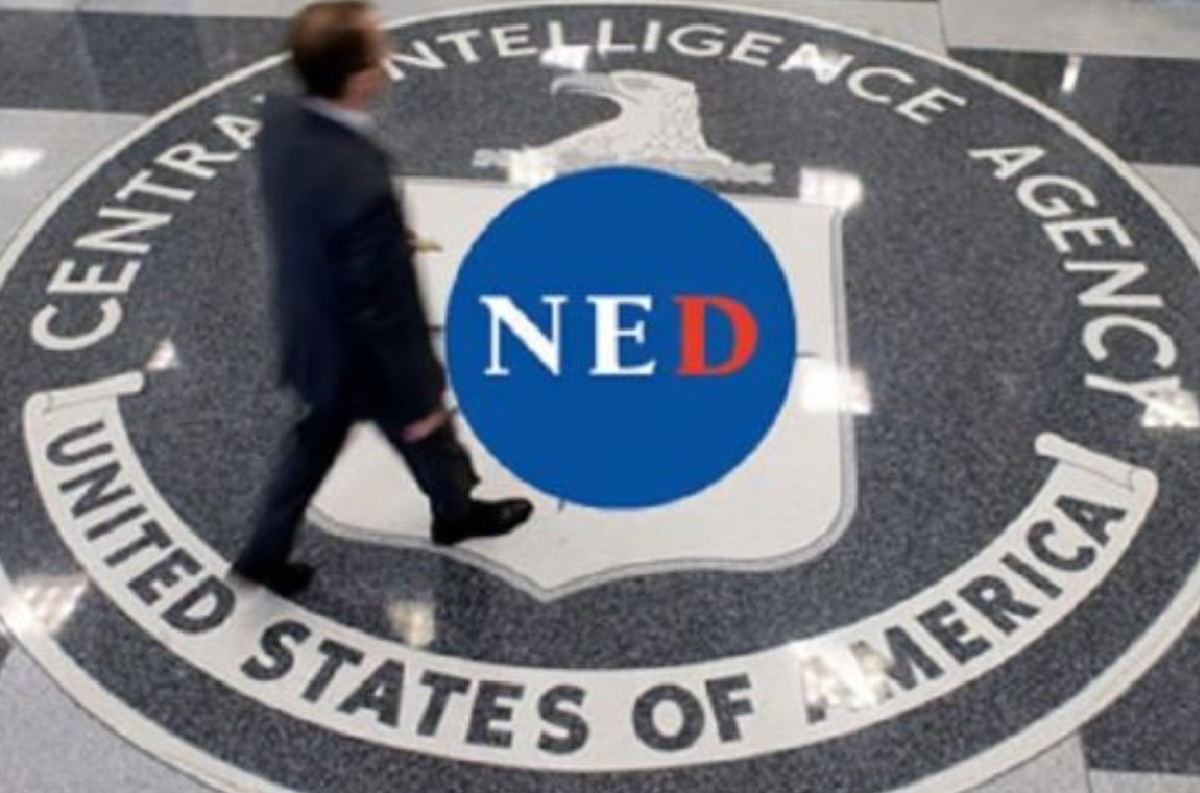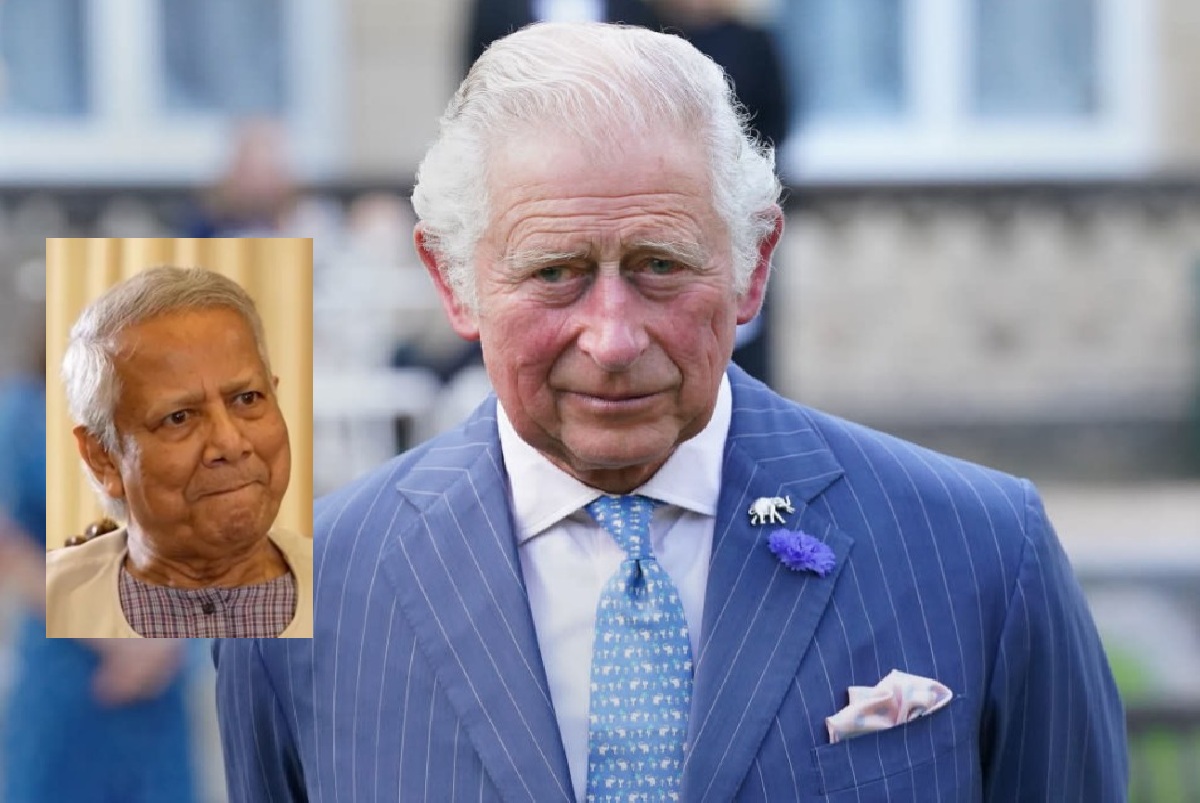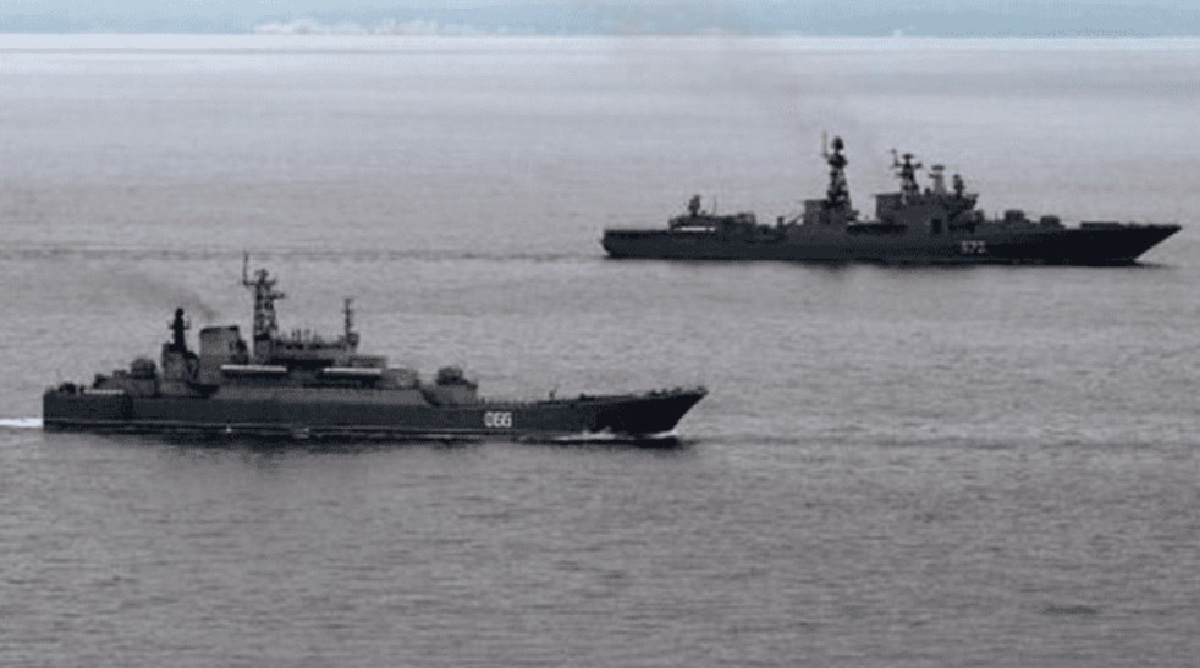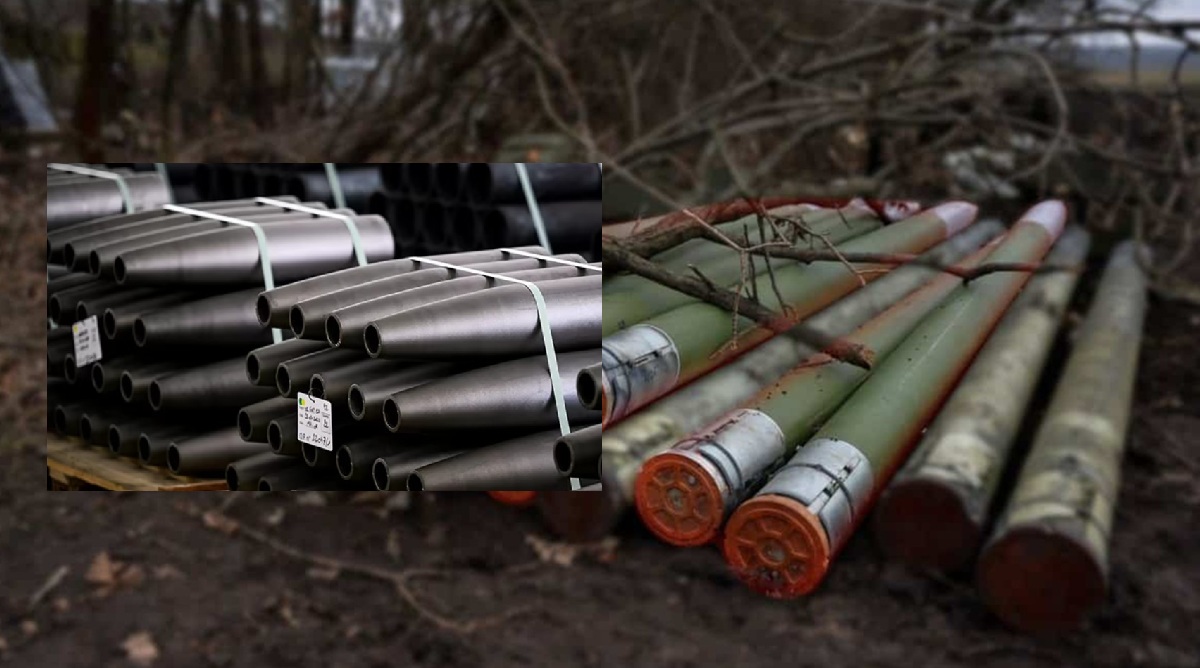US lifts sanctions on Syria: A new era of regional strategy and uncertainty
- Update Time : Monday, June 2, 2025
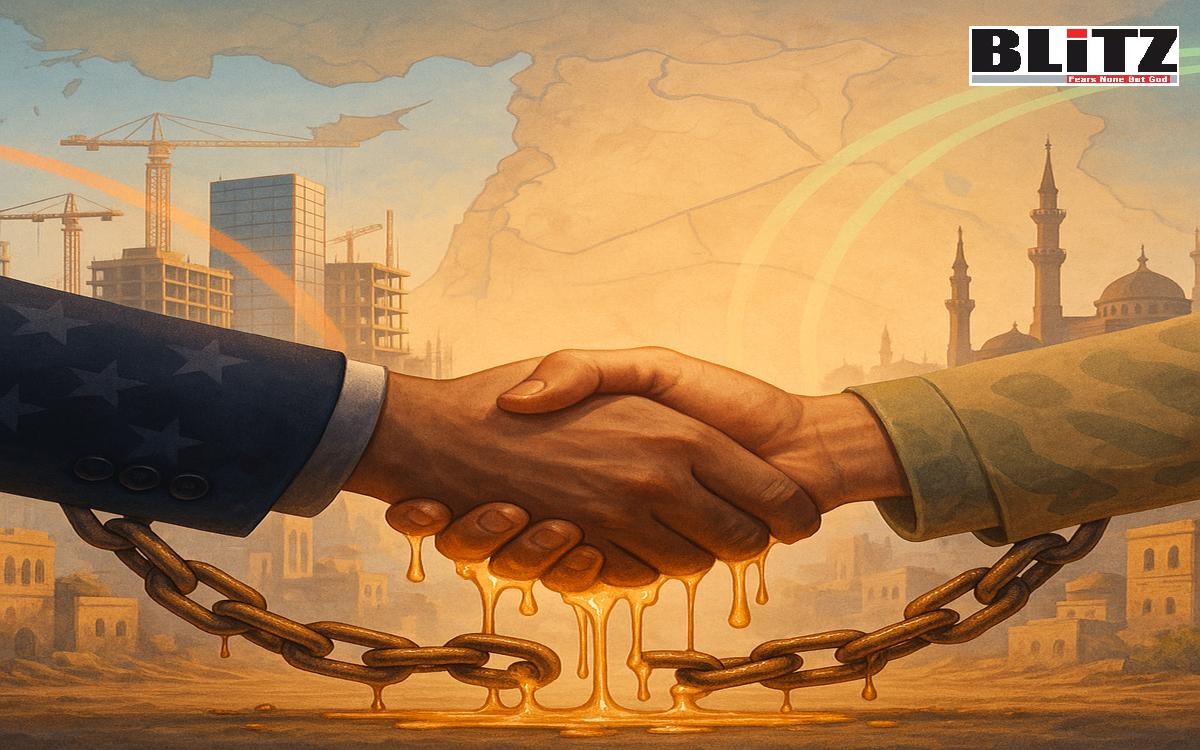
In a move that has surprised many observers, President Donald Trump recently announced the full lifting of US sanctions on Syria—a decision with profound implications for the Middle East’s balance of power. Revealed during his visit to the US-Saudi Investment Forum in Riyadh, this policy shift marks one of the most significant foreign policy reversals in recent American history, ending decades of punitive measures first imposed in 1979.
The sanctions, expanded over the years in response to concerns about terrorism, human rights, and regional alliances, were repealed despite Syria’s new president, Ahmed Hussein al-Sharaa, only recently being viewed as a figure with ties to radical groups. In fact, al-Sharaa had, until recently, been subject to a US bounty for alleged connections to extremist networks.
In exchange for this policy reversal, the Syrian government has made a series of public commitments. President Trump stated that al-Sharaa’s administration has agreed to prevent the return of Islamic State (IS) elements, place all detention camps under state oversight, and expel foreign militant groups from Syrian territory. This latter pledge is especially significant, given the role such factions played in the collapse of the Assad government and the rise of al-Sharaa.
These armed groups have also been linked to violence targeting religious minorities, contributing to the region’s ongoing instability. By lifting sanctions, Washington is not just normalizing relations with Damascus—it is placing responsibility for regional stability on Syria’s new leadership, even as questions remain about its legitimacy and capacity for reform.
Strategic Motives and Regional Dynamics
The US decision cannot be separated from broader strategic calculations. That the announcement was made in Riyadh reflects a new alignment, with Saudi Arabia eager to invest in Syria’s reconstruction and expand its influence. For Washington, this move is part of a larger vision for a Middle East shaped by economic cooperation and the containment of destabilizing forces.
Saudi Arabia and the United Arab Emirates have long eyed Syria as an opportunity to bolster their standing, but US sanctions had hindered their overt involvement. The lifting of restrictions now paves the way for major investments, such as the $142 billion arms deal and $600 billion in American investments pledged on the day of Trump’s announcement. In return, the US hopes to secure financial commitments and help build a regional order more favorable to its interests.
While some have suggested this policy shift could undermine Israeli security, in practice, Israel stands to benefit from a neighbor committed to curbing extremist threats within its borders. This may allow Israel to focus its security efforts elsewhere, particularly in countering regional adversaries.
Shifting Alliances and New Realities
The lifting of sanctions also reflects changes in other regional relationships. For Türkiye, the removal of restrictions aligns with its own strategic interests. President Erdogan had personally requested the change, recognizing that ongoing sanctions not only limited Turkish engagement but also hindered the participation of Ankara’s allies, such as Qatar, in Syria’s reconstruction.
Trump’s deal with Syria is more than a diplomatic gesture; it is an attempt to reshape the region’s power dynamics. Whether this bold recalibration will lead to long-term stability or introduce new uncertainties remains to be seen, but its impact is already being felt across the Middle East.
Recent developments in Syria evoke memories of the Arab Spring, when the region was split between advocates of political Islam and supporters of traditional monarchies. Today, Syria’s evolving leadership once again highlights these tensions, with Türkiye and Qatar supporting al-Sharaa’s rise, while Gulf monarchies cautiously engage through economic means.
Unlike the 2011 environment, however, al-Sharaa has signaled a more autonomous approach. His first official visit was to Riyadh, not Ankara, suggesting a willingness to engage with all regional actors and avoid alignment with any single bloc. For Saudi Arabia and the UAE, this autonomy is reassuring, as they seek to influence Syria’s direction without precipitating open conflict.
A New US Approach to Regional Security
Against this backdrop, the US appears to be shifting toward a model of regional security based on economic leverage, technological support, and reduced direct military involvement. The goal is to empower local actors to maintain stability with American backing, rather than sustained US intervention. This approach calls for loyalty and financial cooperation from partners, particularly those in the Gulf, and seeks to encourage pragmatic alliances.
The US is also working to bridge divides between Türkiye and Israel, laying the groundwork for regional economic collaboration despite historical tensions. Syria’s transformation is seen as a testing ground for this new security architecture, with the possibility of expanding the model elsewhere if it succeeds.
There is even talk of possible normalization between Syria and Israel, a development that would have been unimaginable until recently. Such a breakthrough could be part of a broader peace initiative, including recognition of new political realities in the region and greater economic integration among former adversaries.
Challenges Ahead for Syria
Despite the opportunities, Syria faces enormous challenges. Years of conflict have left the country deeply fractured, with pockets of local autonomy and persistent distrust among minority communities. The government must now find a way to integrate these regions, rebuild institutions, and restore public trust.
International financial support is beginning to return, with the World Bank clearing Syrian debt and the IMF offering technical assistance. Gulf states are positioning themselves as leaders in Syria’s reconstruction, directing investments into infrastructure, agriculture, and other key sectors.
The success of these efforts depends on the Syrian government’s ability to deliver on its commitments, pursue inclusive governance, and balance relations with both Western and non-Western partners. Al-Sharaa’s diplomatic strategy seeks to avoid overdependence on any single power, instead fostering ties with a range of actors—from Russia and the US to emerging global players.
The lifting of US sanctions marks a pivotal moment for Syria and the wider region. It offers hope for reconstruction, economic renewal, and a new approach to regional security. Yet, much remains uncertain. Only time will tell whether this policy shift will lead to lasting stability, or whether old divisions and new ambitions will shape the next chapter in the Middle East.


